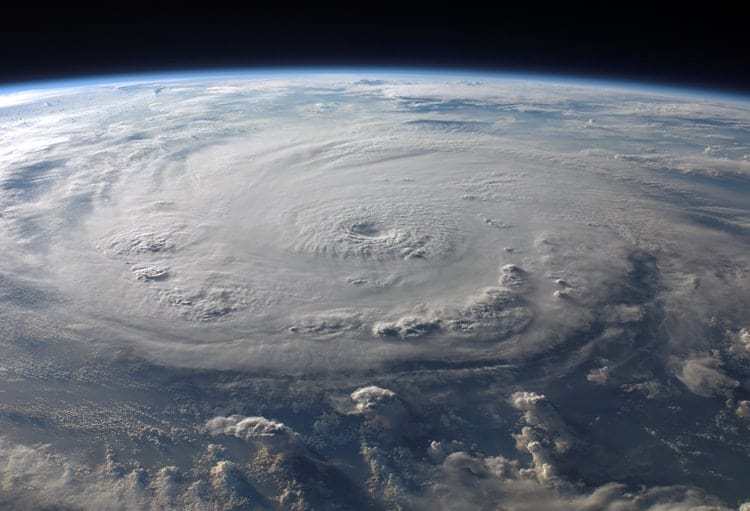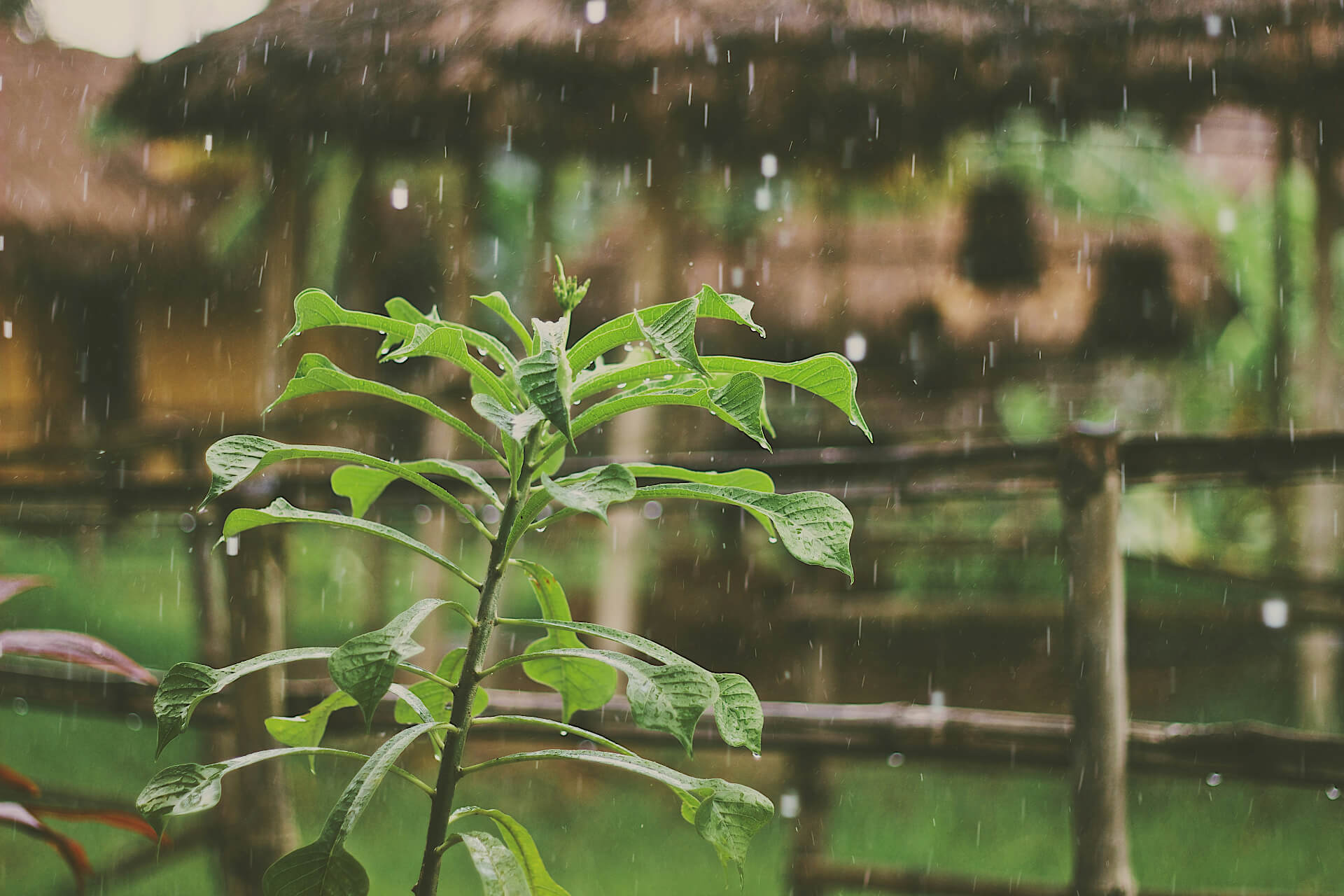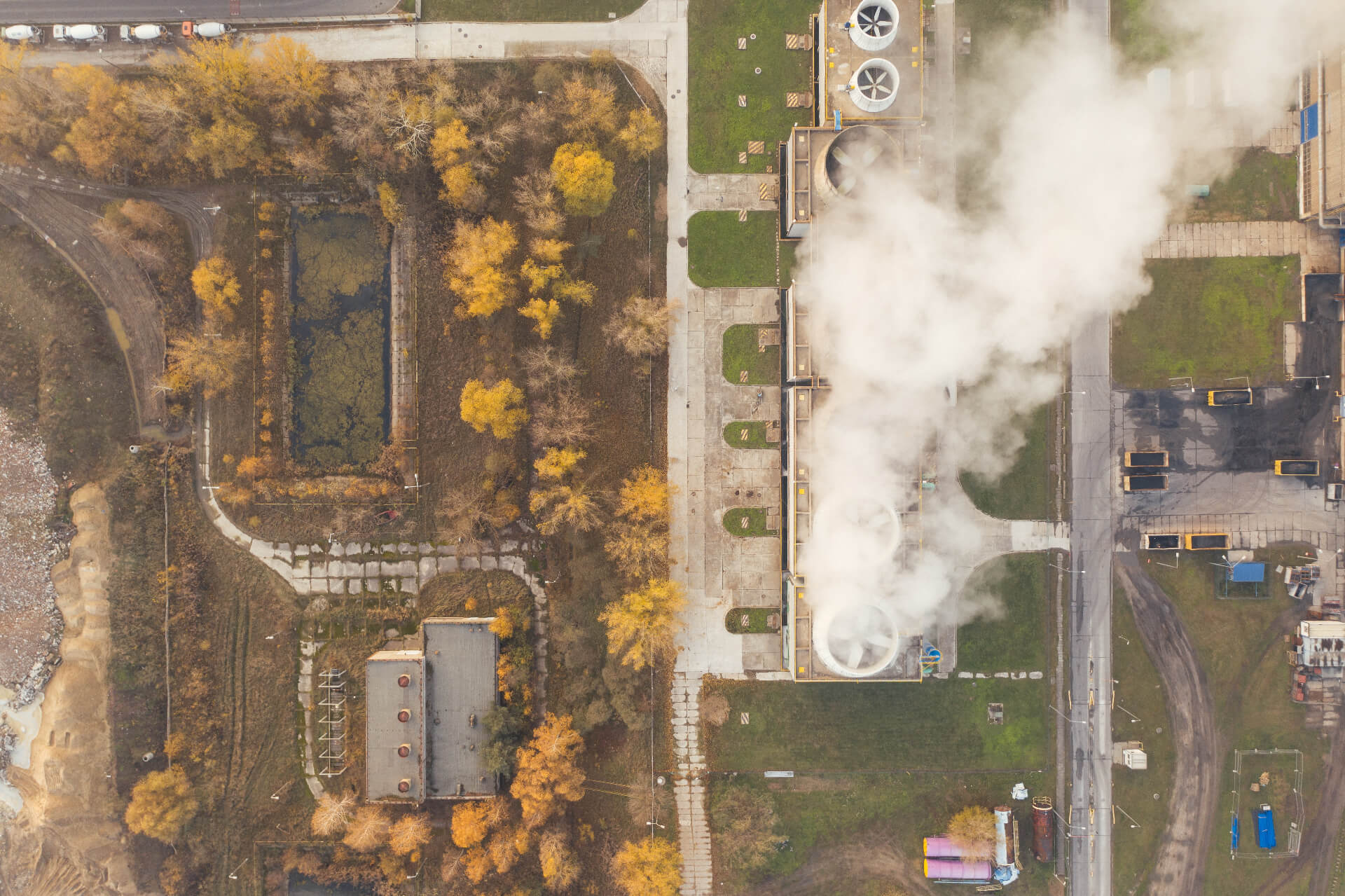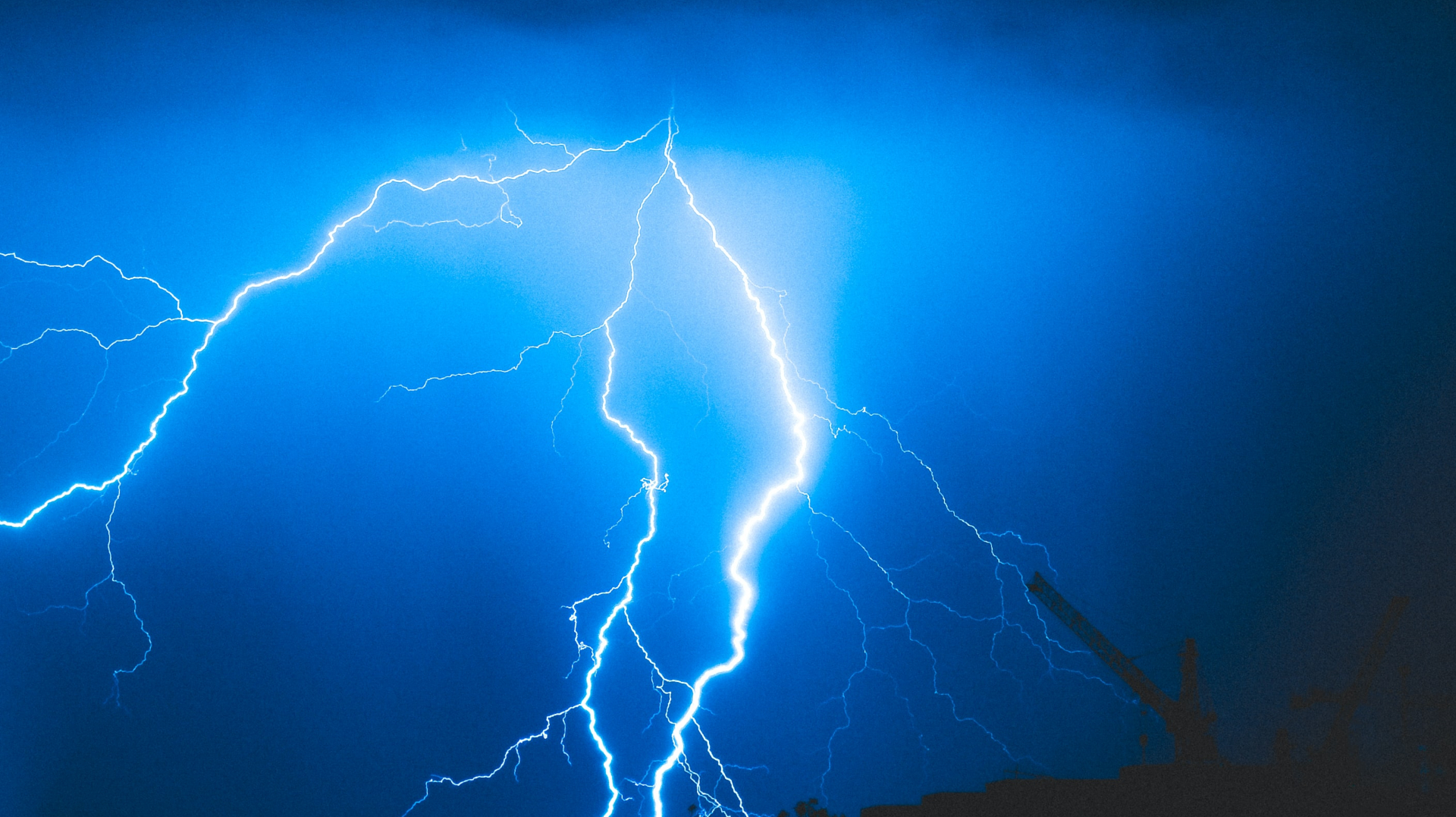
What You Need to Know About Hurricane Season to Stay Safe
October 18, 2018 - Emily Newton
Revolutionized is reader-supported. When you buy through links on our site, we may earn an affiliate commision. Learn more here.
Hurricane season isn’t over yet. These storms can be dangerous and unpredictable, and with the chance of more storms on the way, it’s important that you understand enough about them to stay safe should you ever be in one of their paths. When is hurricane season and what’s the difference between categories? Here’s everything you need to know about these ferocious storms.
What Is a Hurricane?
A hurricane is a spinning storm system that forms over warm open waters and sometimes moves toward land. A storm becomes classified as a hurricane when its wind speeds reach 74 miles per hour. After that, the storm is given a classification of 1 through 5 on the Saffir-Simpson Hurricane Wind Scale, which signifies how strong — and subsequently how dangerous — the hurricane is.
Here’s a breakdown of each category:
- Category 1 Hurricanes (75-95 mph winds): Category 1 hurricanes can pose moderate danger and cause some property damage. Winds may snap tree branches or uproot some trees. Damage to power lines may lead to short power outages.
- Category 2 Hurricanes (96-110 mph winds): Category 2 hurricanes can pose extreme danger. Expect power outages and uprooted trees. A well-constructed house could probably withstand the winds, but extensive property damage is still likely.
- Category 3 Hurricanes (111-129 mph winds): Category 3 hurricanes can cause major property damage. Electricity and running water are likely to be unavailable for days or weeks.
- Category 4 Hurricanes (130-156 mph winds): Category 4 hurricanes will cause major damage to even the sturdiest homes. Power outages could last weeks to months, and the area will likely be uninhabitable for at least a few weeks after.
- Category 5 Hurricanes (157+ mph winds): Category 5 hurricanes cause catastrophic damage. Roofs and walls often collapse. Power poles and trees fall. The extensive damage may make the area uninhabitable for weeks to months.
Categories 3 through 5 are major hurricanes. They’re seriously dangerous, so it’s important to know what storm you’re dealing with and prepare accordingly.
When Is Hurricane Season?
Official hurricane season in the Atlantic Ocean starts June 1 and ends November 30. In the Pacific, it starts a little earlier, on May 15, but still runs through November 30.
Though official hurricane season in the Atlantic lasts six whole months, the hurricane season actually peaks in the middle, between August and early October. Though scientists don’t let their guard down anytime during hurricane season, they find these months pose a particular risk for storms making landfall.
How Do Hurricanes Form?
In the late summer months, the tropical waters around the equator are at their warmest, leading to the perfect conditions for a hurricane to form, which explains the spike in activity around this time.
Hurricanes form like this — around the equator, thunderstorms suck up warm water molecules into the atmosphere, where their heat becomes energy. This fuels the hurricane’s spin around a low-pressure center called the eye of the storm. Over time, given the right conditions — like a lack of wind shear and warm water — the storm can gain energy, producing faster winds and wider radius of effect.
At first, such a storm system is classified as a tropical depression. When wind speeds reach 39 mph, however, it becomes classified as a tropical storm and organizations around the world begin to track its progress.
The tropical storm stage is also when a hurricane gets its name. For ease of communication, the World Meteorological Organization gives each tropical storm a short name. If the tropical storm continues to gather enough energy, it may become a full-fledged hurricane and make landfall on coastlines in its path.
The relation of warm water to hurricane formation is bad news for those worried about climate change — as ocean waters continue to warm, it’s possible we will see an increased incidence of serious hurricane formation, which is all the more reason to get prepared now.
What Dangers Do They Pose?
Though the Saffir-Simpson Scale refers mostly to the danger of a hurricane’s high-speed winds, most of the danger associated with a hurricane actually has to do with flooding.
When a hurricane hits, its powerful winds push water from the ocean up onto land, leading to a surge of water well above sea level. This aspect of a hurricane is called storm surge, and it’s powerful enough to sweep away vehicles.
Storm surge and other flooding from the rain a hurricane delivers can cause water damage, flooding in streets and buildings and risk of drowning, particularly if the water moves fast enough to sweep you off your feet. For this reason, the United States government advises that people never try to walk, drive or swim through storm surge.
In addition, high winds can actually throw lightweight objects through the air like projectiles, which could pose a danger to people outside. So, it’s a good idea to bring in patio furniture and secure other potentially dangerous items before a storm hits.
How Do You Stay Safe?
In addition to securing your furniture and avoiding rushing floodwaters, individuals can do more to protect themselves and their families during a hurricane.
The most important thing you can do is pay attention to the progress of the storm and listen to evacuation notices. Though the decision to issue an evacuation order is fraught with complication, it’s better to be safe than sorry. If you’re ordered to evacuate, secure your home as best you can and head to a designated storm shelter where you’ll be safe.
If your location isn’t under mandatory evacuation and you would prefer to hunker down at home, there are a few things you should consider. First, notify someone outside the affected area of your whereabouts. Then, make sure you have enough food and water for everyone in your household for at least three days. Make sure you also have a fully stocked first aid kit, flashlight, battery-powered radio and other preparedness gear. Don’t forget to prepare for pets, as well!
When the storm actually hits, be in a small interior room where there aren’t any windows that could shatter. If you need to move up from rising flood water, go to the highest level possible, but do not climb into a closed attic or other space where you could become trapped.
Have a plan to communicate and regroup in case you get separated from friends or family. During a hurricane, texting is usually better than calling because phone lines are often crowded. You could also use social media or email. If you’re worried you might get separated, you could also come up with a location where you’ll plan to meet when the storm settles down.
Staying Safe During Hurricane Season
By treating a hurricane seriously, listening to warnings and evacuation orders and having supplies and a plan ready, it’s possible to stay safe during a hurricane.
Hurricanes are serious business, and unfortunately, warming waters means we might see more of them in the future. Better infrastructure, emergency responses and increased use of flood insurance could help minimize hurricane damage in the future. However, for now, it’s a good idea to take precautions and keep yourself safe.
Take care this hurricane season and watch out for the storm surge.
Revolutionized is reader-supported. When you buy through links on our site, we may earn an affiliate commision. Learn more here.
Author
Emily Newton
Emily Newton is a technology and industrial journalist and the Editor in Chief of Revolutionized. She manages the sites publishing schedule, SEO optimization and content strategy. Emily enjoys writing and researching articles about how technology is changing every industry. When she isn't working, Emily enjoys playing video games or curling up with a good book.





Thanks for the cool article for being safe during a hurricane. You mentioned to be in a small interior room where there aren’t any windows that could shatter. I’m kind of interested to learn if there’s ways you can make the windows so they won’t shatter as easily.